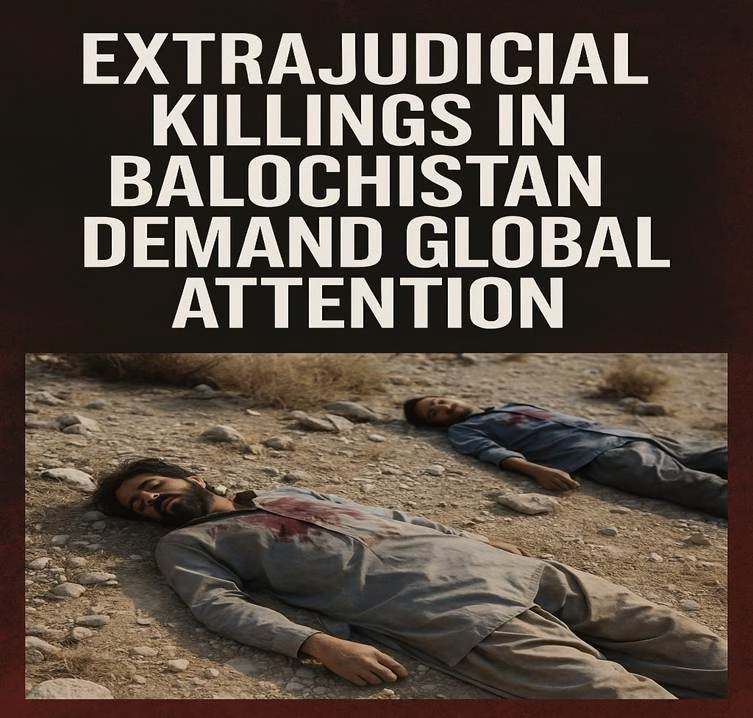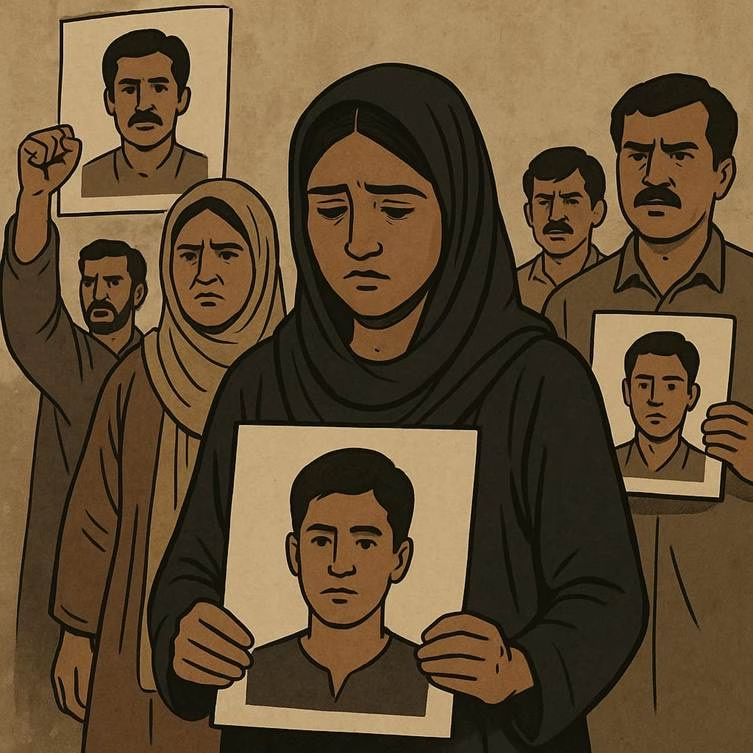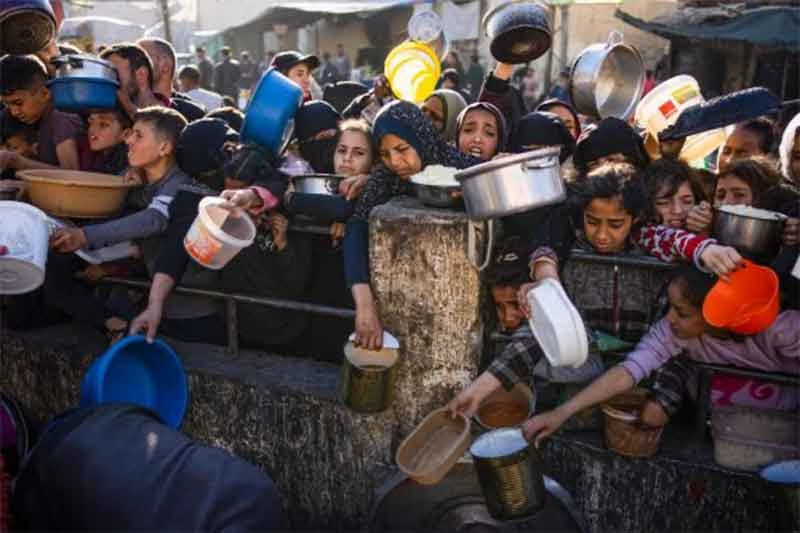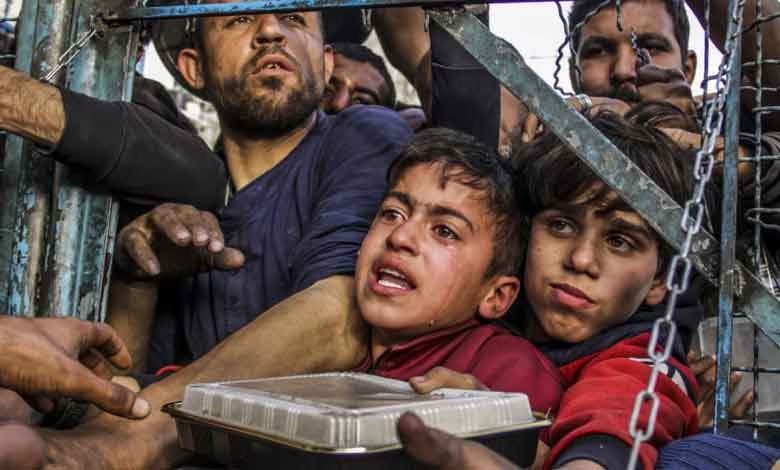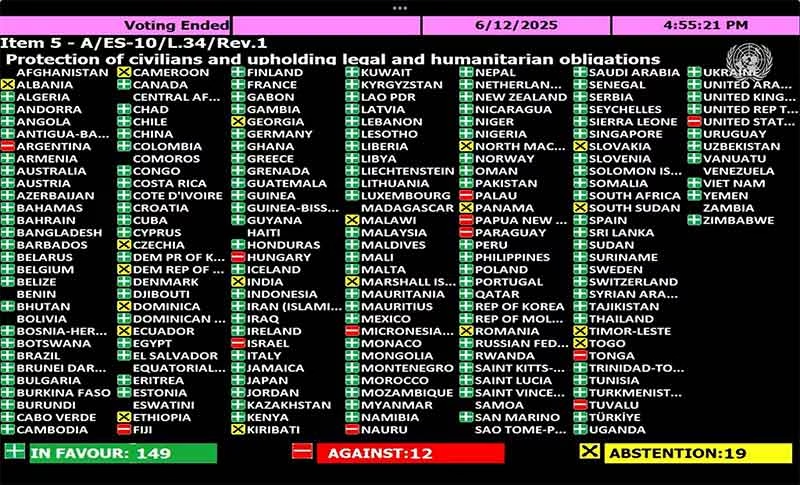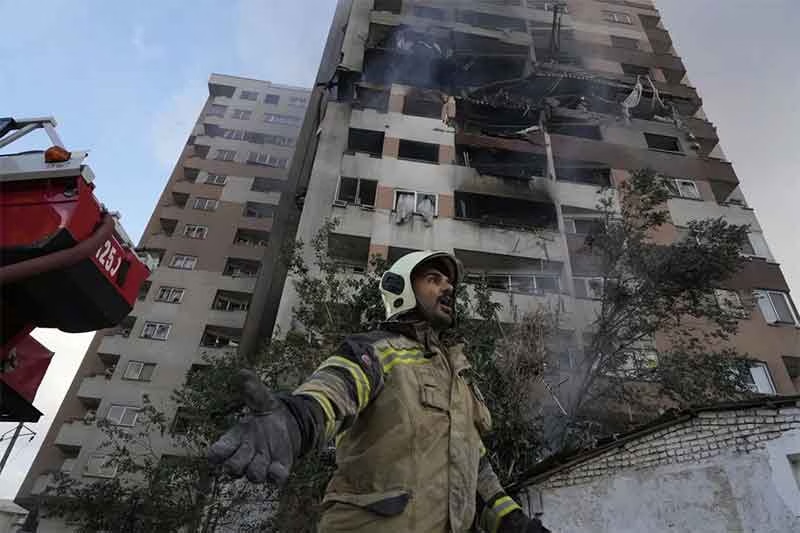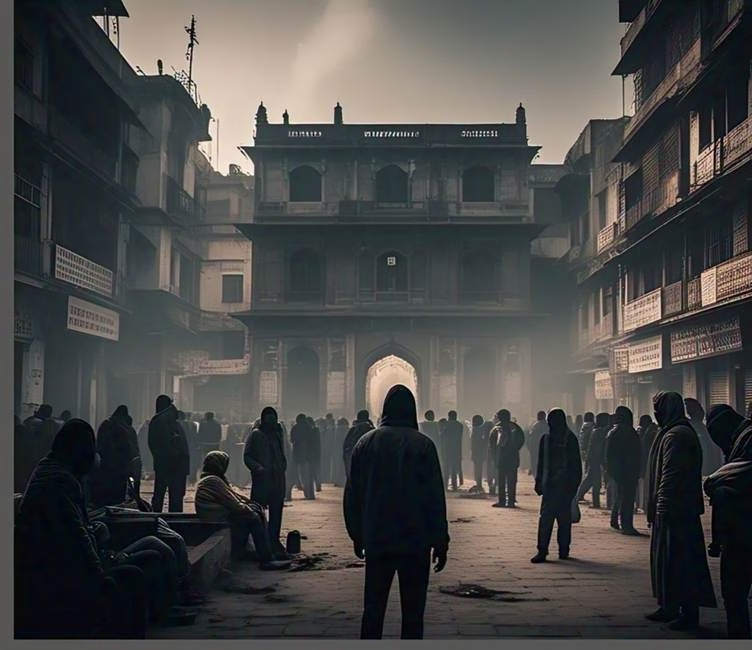
In India’s intricate social fabric, identity has always been a source of strength—binding communities, offering support, and preserving culture. Yet, this same force, when intertwined with loyalty networks, can also serve a far more troubling role: the quiet whitewashing of misdeeds, from petty wrongs to serious crimes. And this phenomenon is not confined to powerful public figures alone. It is woven deeply into everyday society, playing out in families, neighborhoods, institutions, and workplaces.
Across regions, caste, religion, ethnicity, and local affiliations often shape the way wrongdoing is perceived—or ignored. An act that would otherwise be condemned is softened, excused, or even celebrated if the wrongdoer belongs to “our side.” Loyalty is prized above accountability. Familiarity dilutes judgment. Misdeeds, whether small acts of dishonesty or grave offenses, are reframed through the lens of shared identity: He is one of us; he cannot truly be guilty.
At the grassroots, this manifests in countless ways. A village head accused of embezzlement finds his critics silenced by villagers who see him as their champion. A young man involved in violent incidents is defended by his community as a “misunderstood youth” who was “provoked.” Families rally to protect members implicated in domestic violence, insisting it is a “private matter.” In urban housing societies, allegations of misconduct are often quietly buried when the perpetrator shares the same linguistic, religious, or class background as the majority.
Social networks—both offline and increasingly online—act as amplifiers. In smaller towns, WhatsApp groups churn out alternate versions of events, painting wrongdoers as victims of conspiracy. In cities, caste and alumni networks close ranks to shield one of their own when accusations arise, ensuring damage is contained. Friendship circles, kinship groups, and informal alliances become mechanisms not of truth-seeking, but of narrative control.
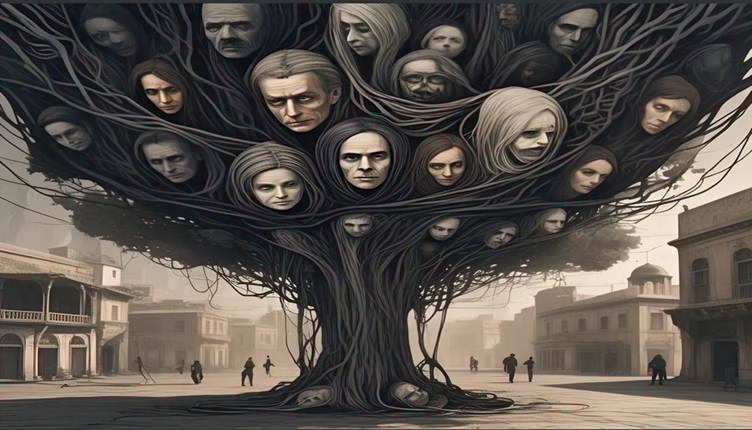
The moral calculus shifts subtly but significantly: protecting the group becomes more important than confronting the truth. “We cannot let them target one of ours,” becomes the unspoken logic. This instinct, deeply human in many ways, ultimately corrodes public and private life. Accountability becomes selective. Justice becomes negotiable. Silence and complicity replace honesty.
While political figures and celebrities demonstrate this phenomenon on a visible, amplified stage, its real danger lies in how normalized it is in everyday life. It teaches citizens that wrongdoing is tolerable if the wrongdoer is familiar. It teaches the young that integrity is secondary to loyalty. It frays the delicate social contract that any democracy depends on: that people will be judged by their actions, not shielded by their affiliations.
Media, too, often reflects and reinforces these patterns. Local coverage of crimes is frequently shaped by regional pride, caste dynamics, or communal calculations. Cases involving powerful local networks may receive muted attention or sympathetic framing, further shielding perpetrators from consequences.
In the end, this quiet, persistent whitewashing does not simply protect individuals—it reshapes the collective conscience. It builds a society where truth is flexible, and accountability is relative. Where justice depends not on what one has done, but on who one is and whom one knows.
India’s strength has always been its remarkable diversity. Yet this diversity demands a shared commitment to universal principles of justice and fairness. Identity should be a source of dignity, not a shield for wrongdoing. Social networks should uplift, not obscure the truth.
Subscribe to Our Newsletter
Get the latest CounterCurrents updates delivered straight to your inbox.
Until these cultural reflexes shift—until accountability is valued more than affiliation—the quiet whitewashing of misdeeds will continue to chip away at the foundations of trust, fairness, and democracy itself.
Ashish Singh has finished his Ph.D. coursework in political science from the NRU-HSE, Moscow, Russia. He has previously studied at Oslo Metropolitan University, Norway; and TISS, Mumbai.





